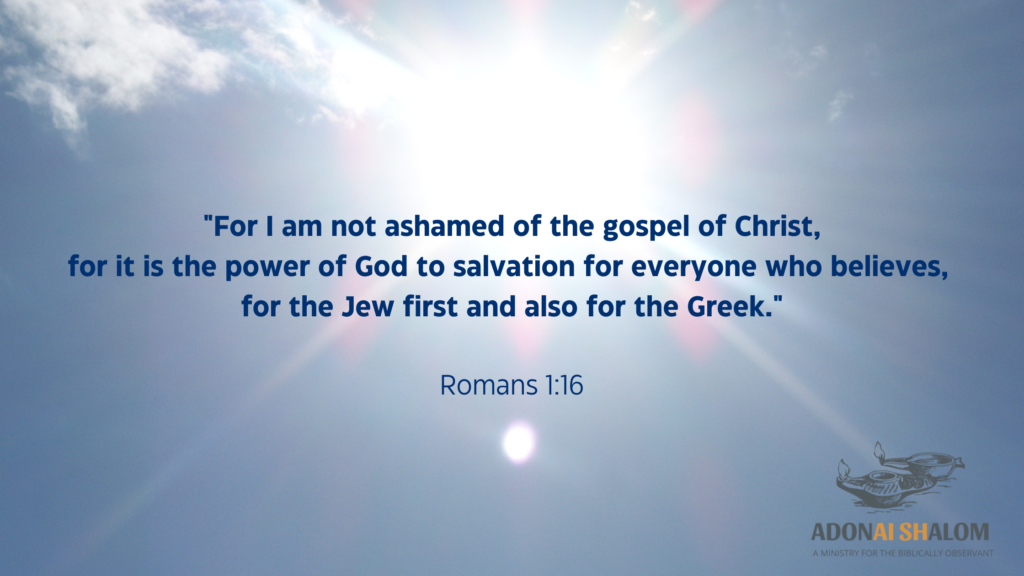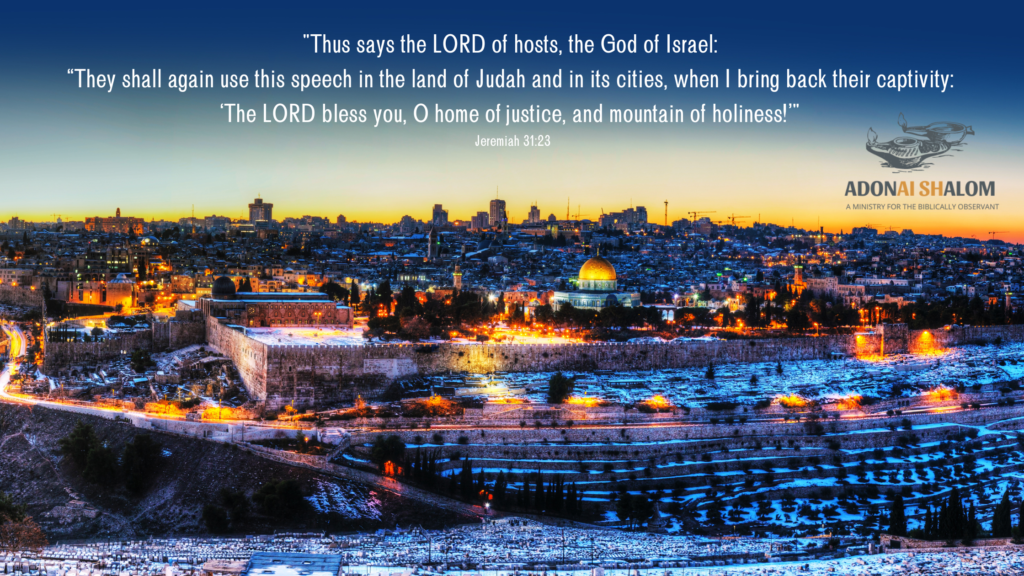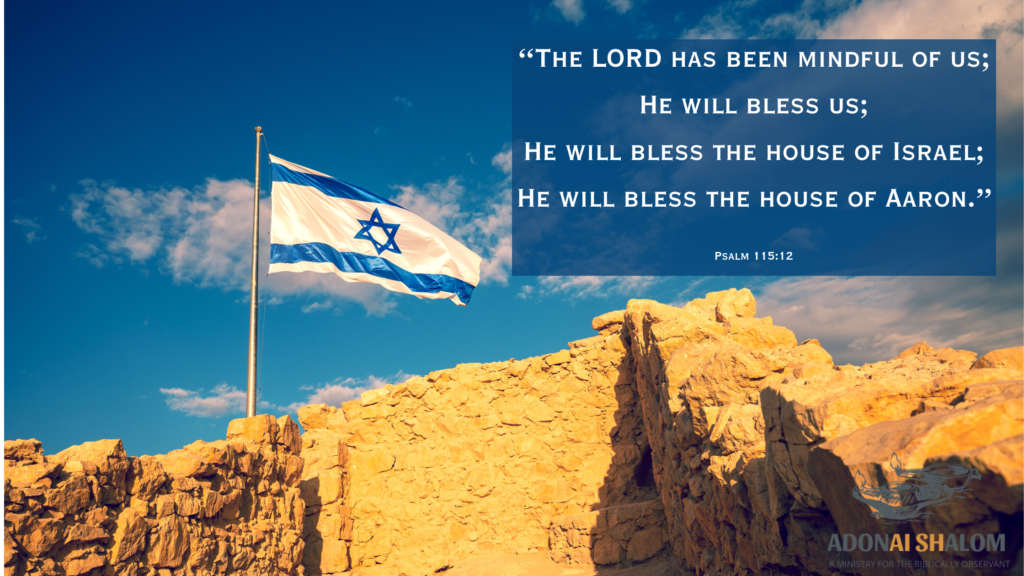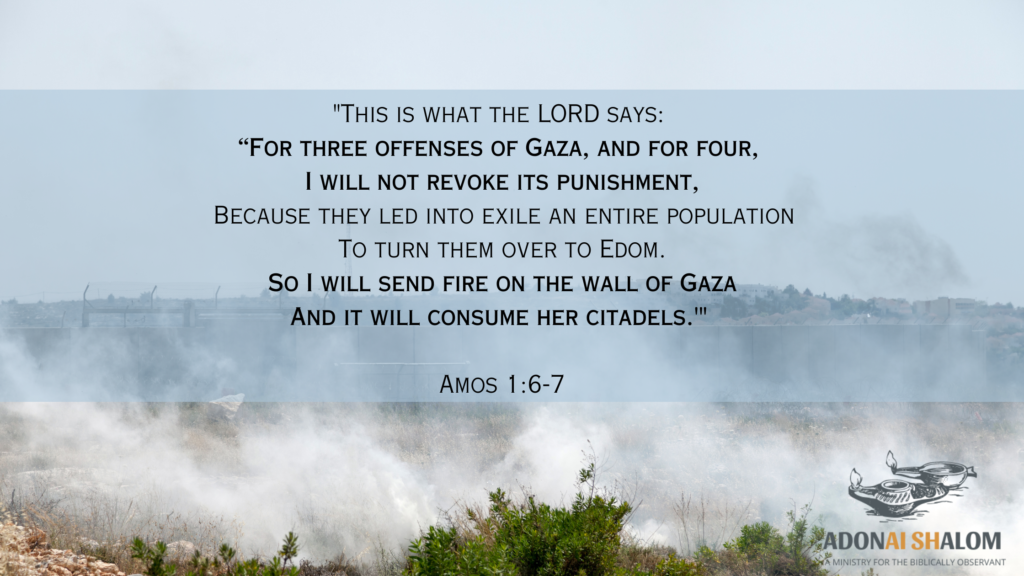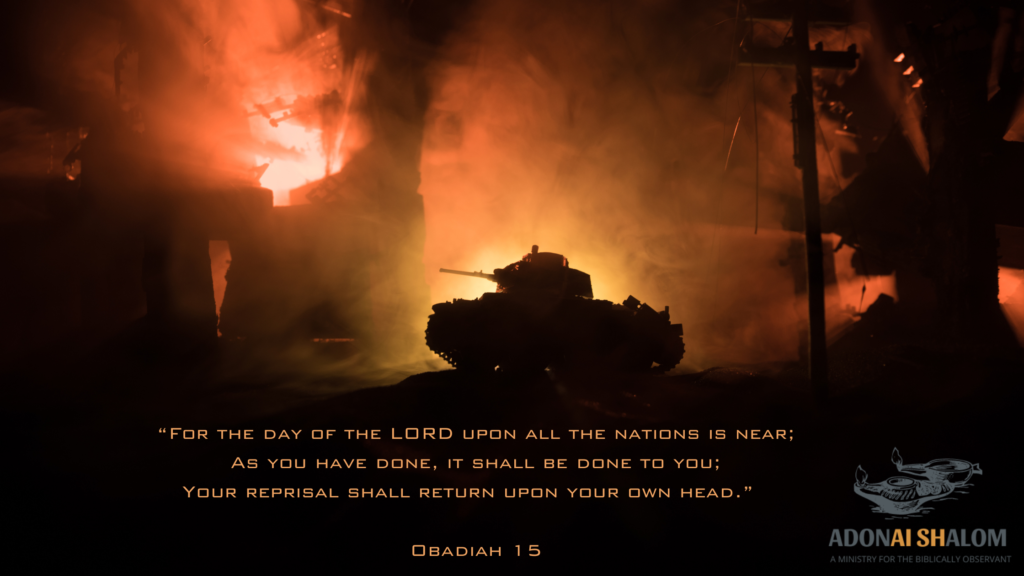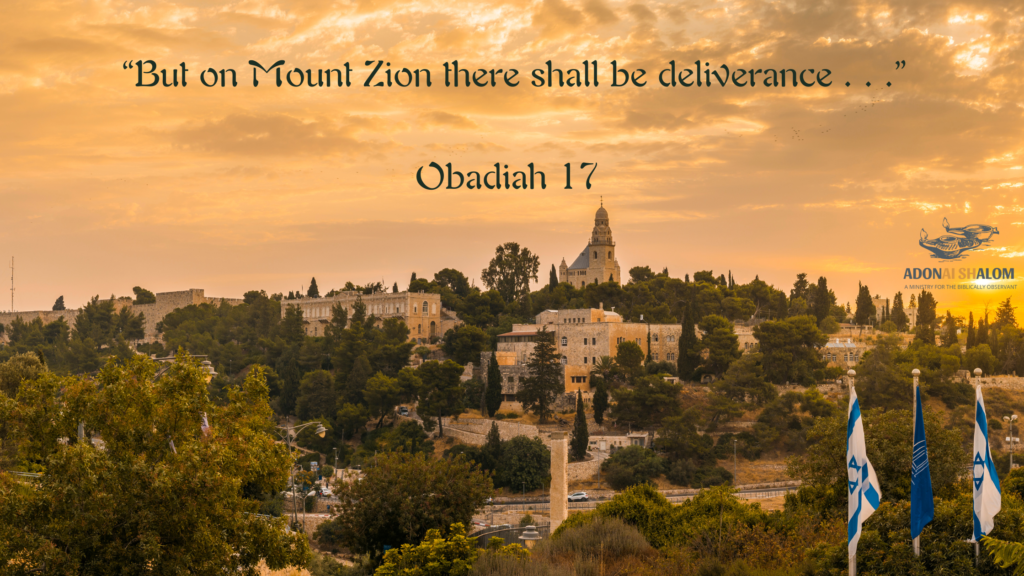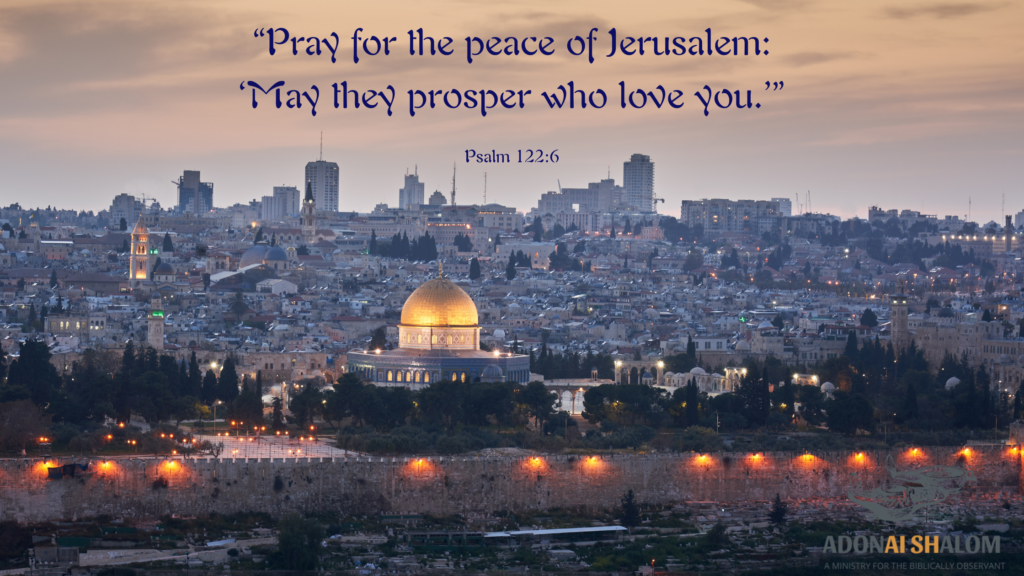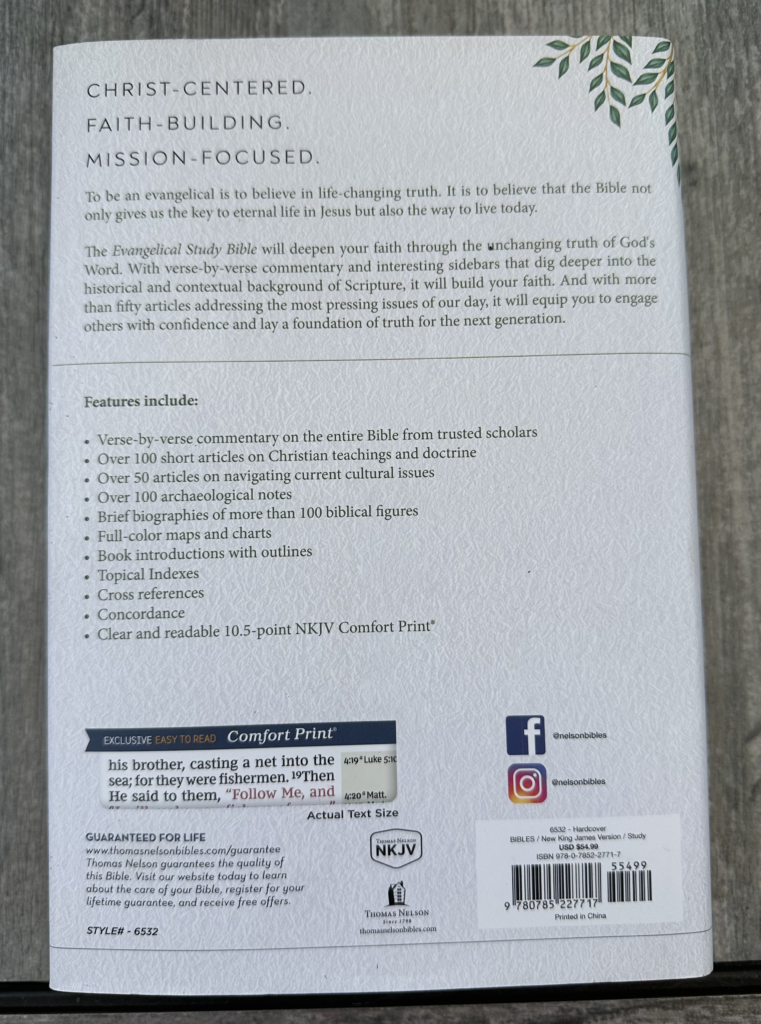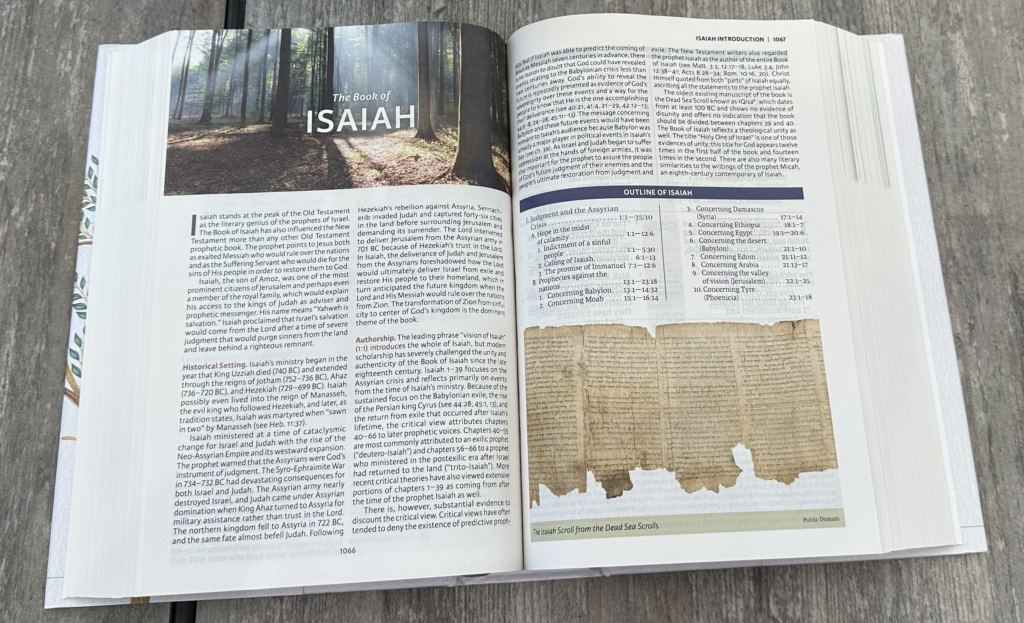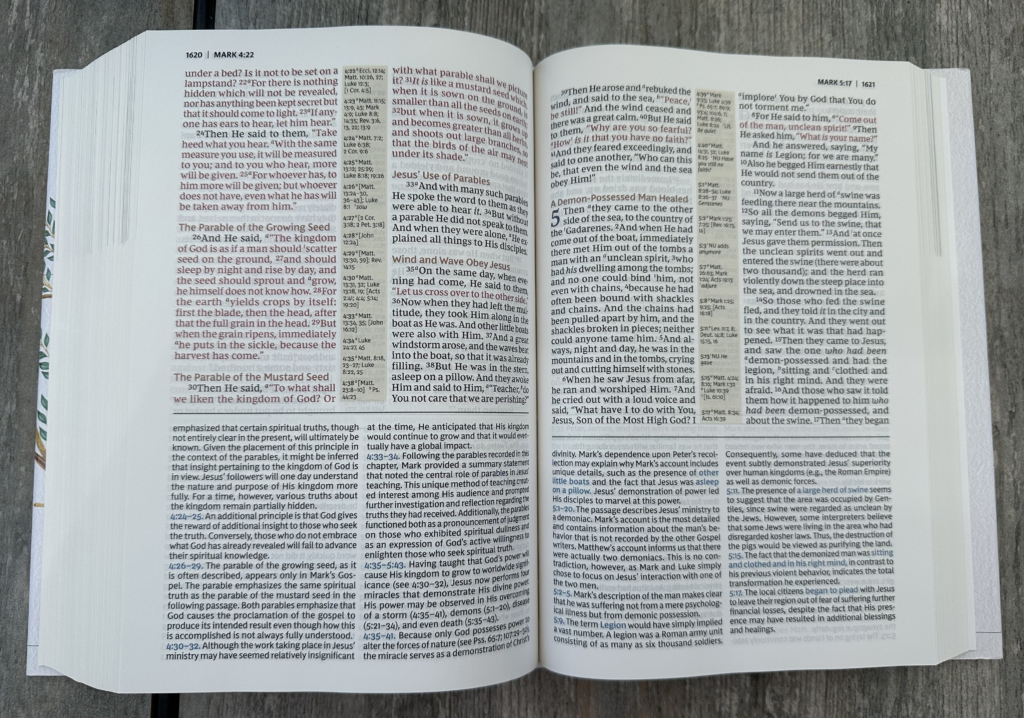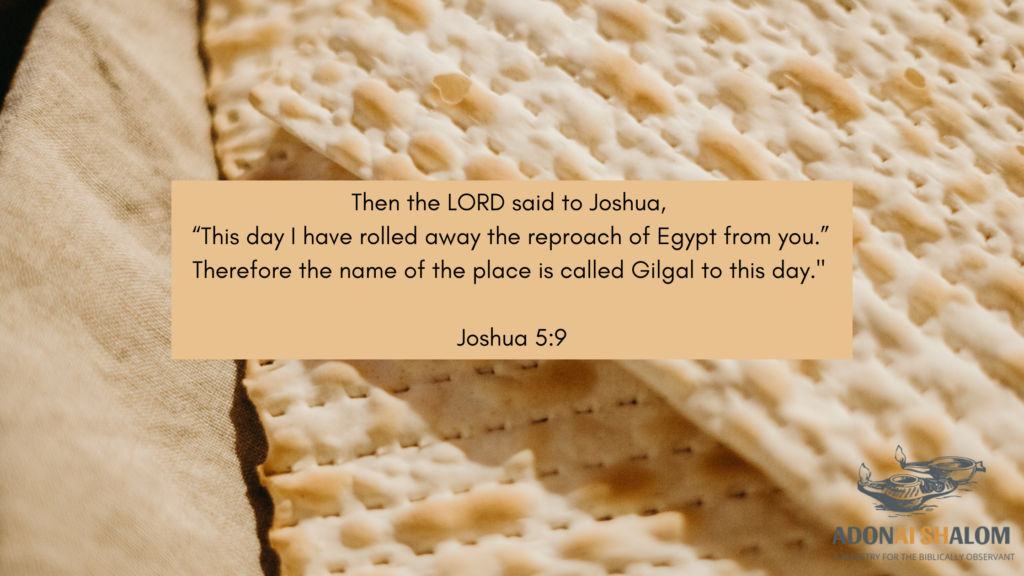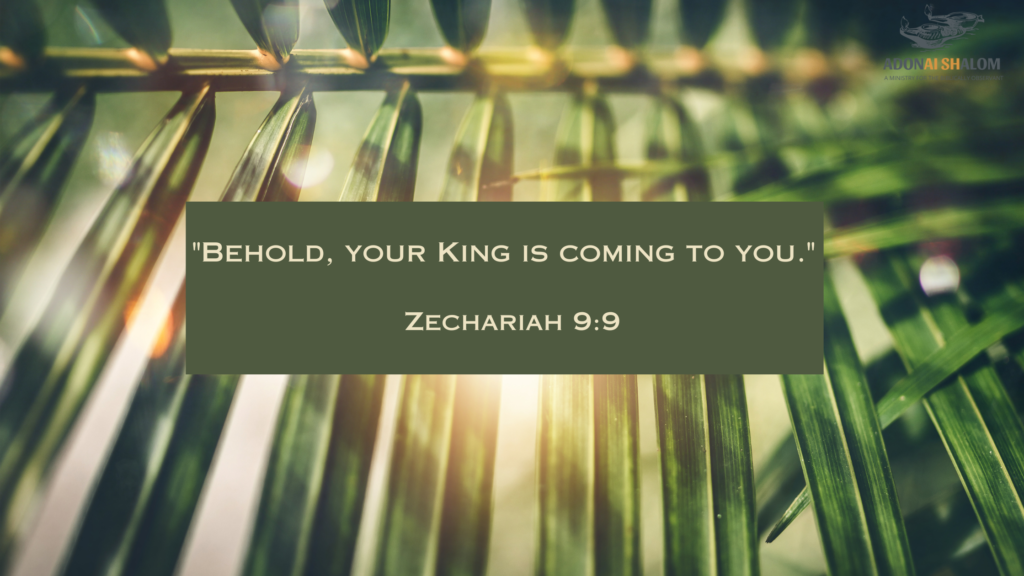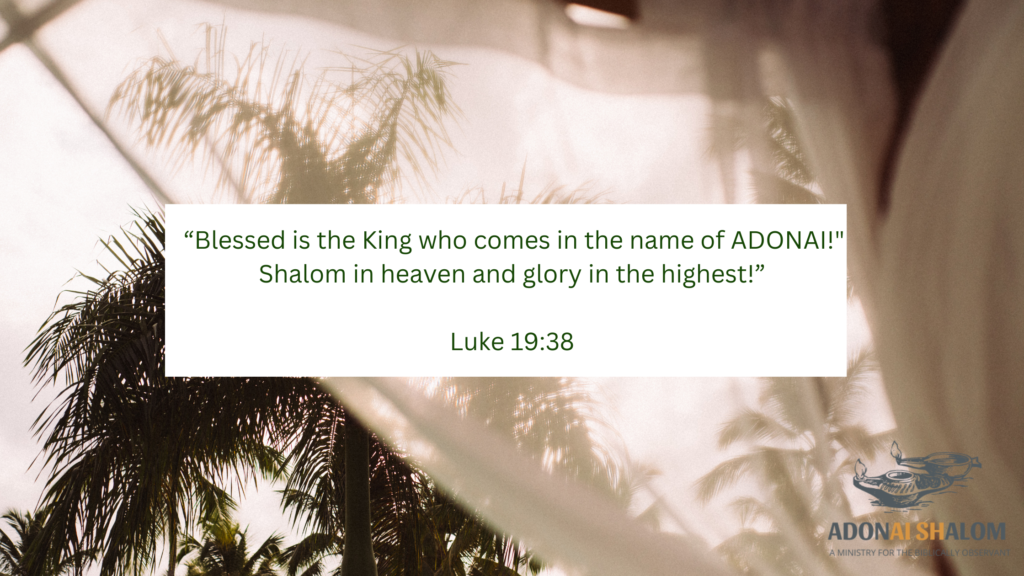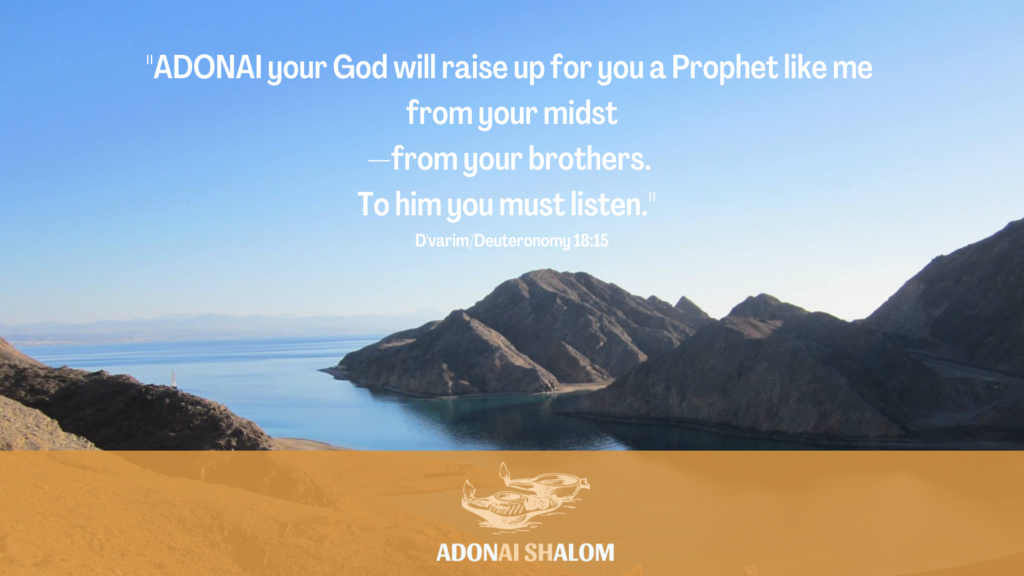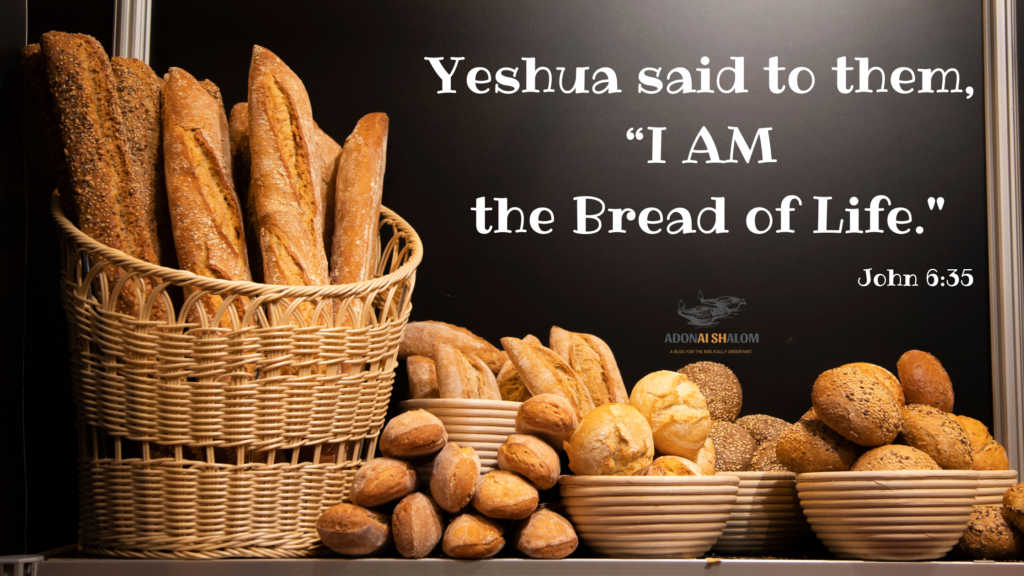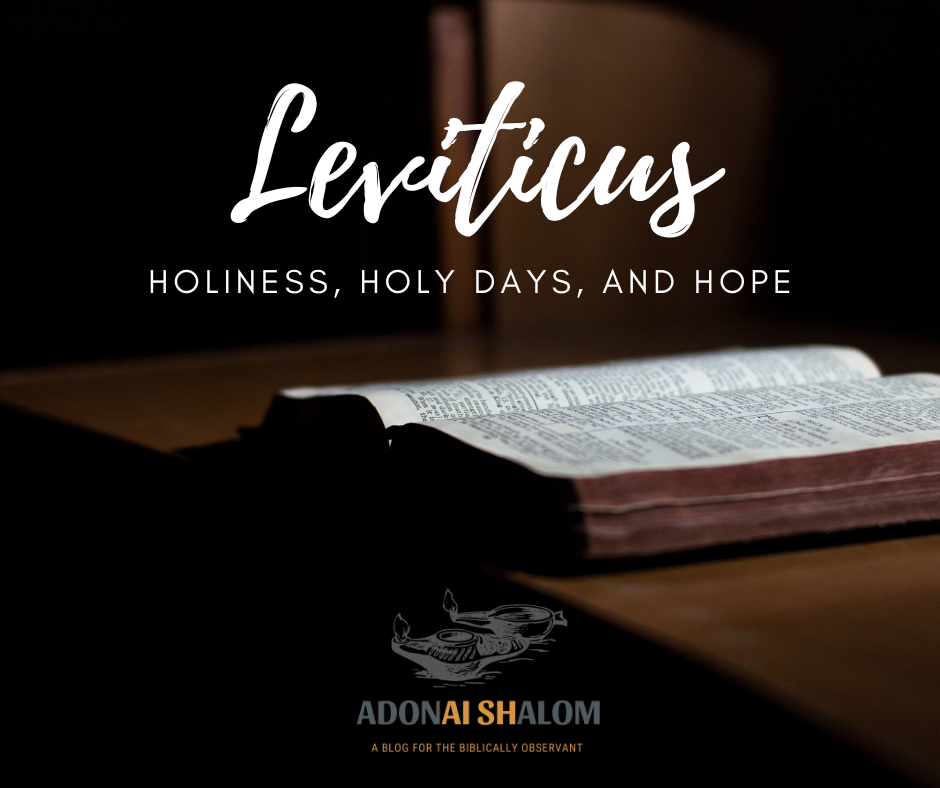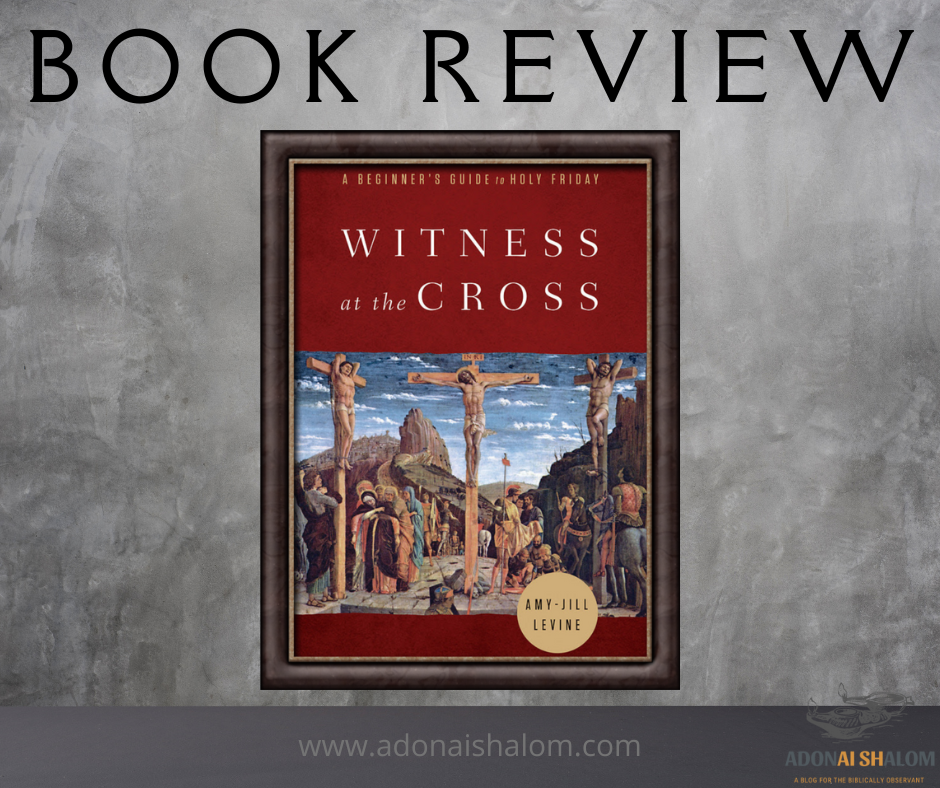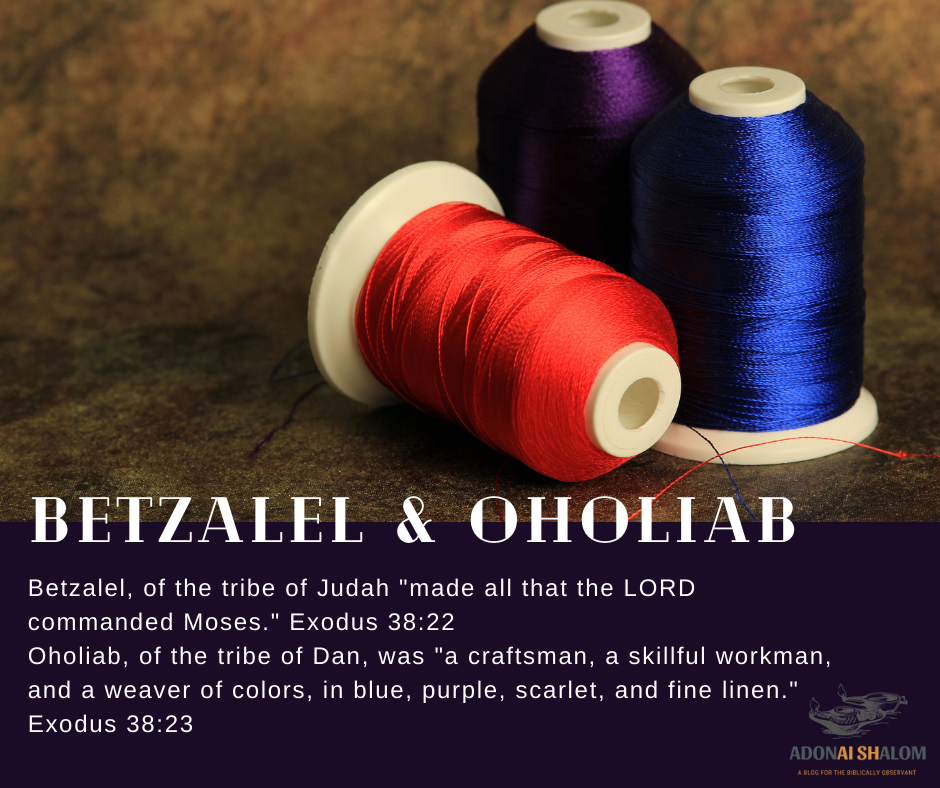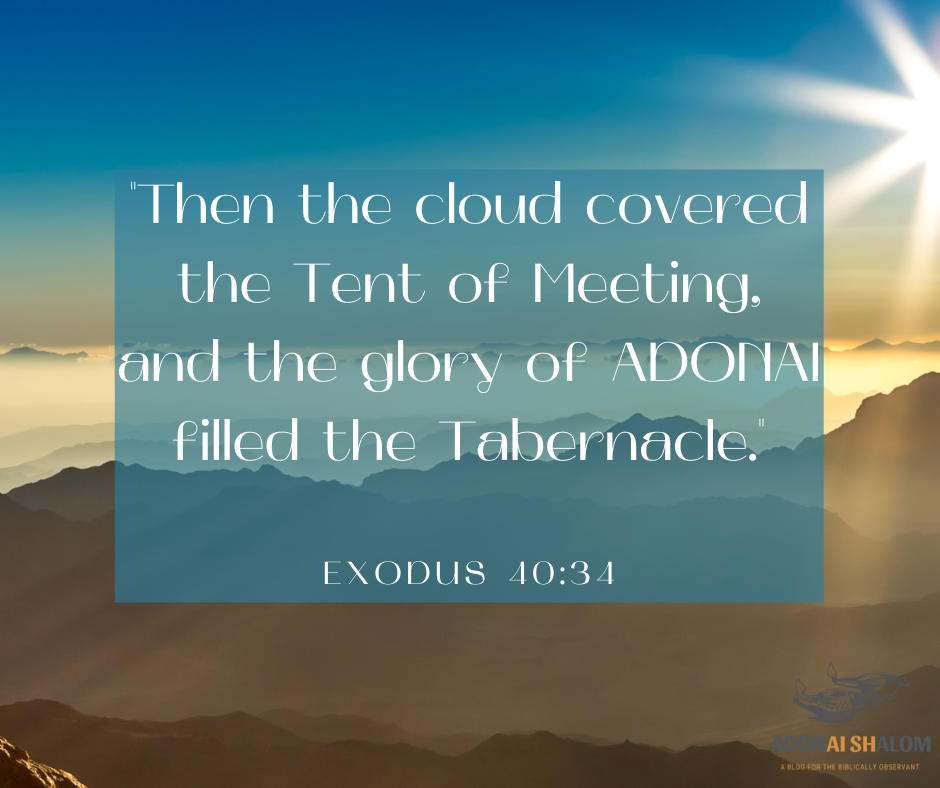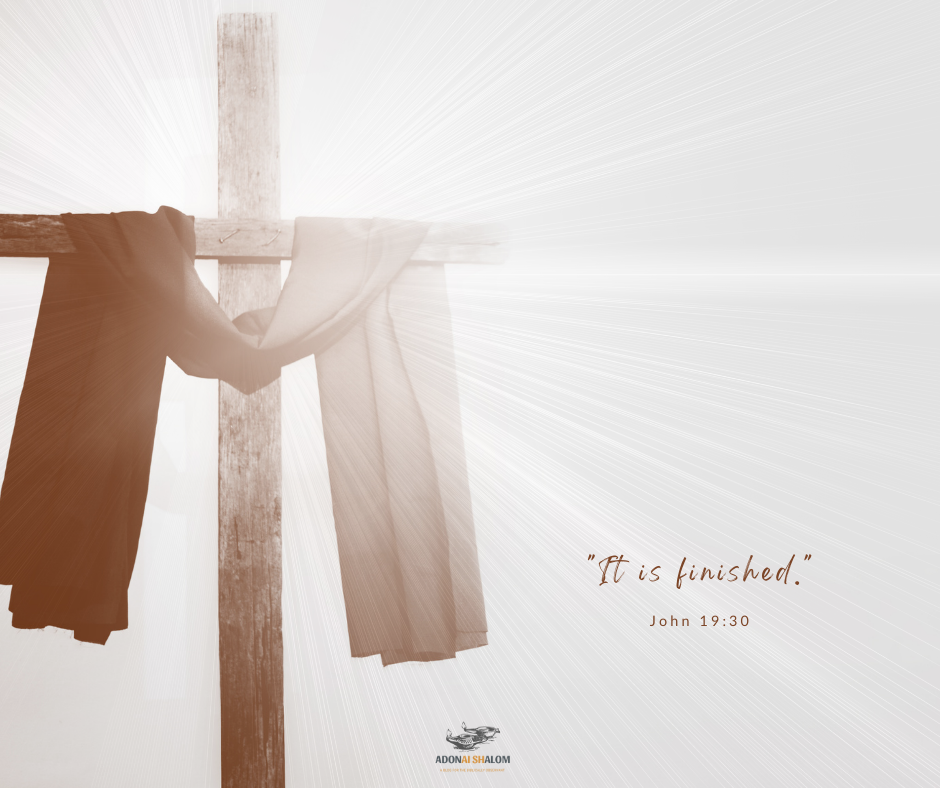The Resurrection: Where is Jesus?!
The Empty Tomb: Jesus rose from the dead!
John’s Resurrection Account:
We’ve been talking a bit about Lazarus. Lazarus needed someone to pray for him and he ended up being resurrected, but Jesus – He could resurrect Himself!
Now today, we see that the Bible says (John 20:9) that the disciples “as yet did not know the Scripture that He must rise again…” The lesson in that for us is, let’s make sure we know the Scriptures so we are never caught off guard and we can attest to the reality that Jesus did in fact rise from the dead!
Conquering Fear
The resurrection is as much about new life as it is about conquering fear.
It is because of the resurrection that Paul could say:
“O Death, where is your sting?
O Hades, where is your victory?” 1 Cor.15:55
When I served as a chaplain, I saw death every day.
Some people were ready to confront that reality while others were definitely not.
Those who had lived for Jesus and had professed a consistent faith in Christ were ready. Even when pain would come, believers have a peace and a preparedness, knowing that death is no longer final and that
Psalm 116:15 “Precious in the sight of the LORD is the death of His saints.”
But fear grips that heart of so many.
One night at the hospital, there was a man there who essentially refused to repent. From what I could tell, he didn’t believe in Jesus, heaven, or hell and he was experiencing genuine agony. Excruciating pain coupled with absolute fear.
When a person has never experienced a life-changing encounter with Jesus, they will fear death in an often terrifying way.
The disciples would have been terrified, too.
They were targets after the crucifixion. Peter denied Jesus for a reason. These people were scared out of their minds!
Their hopes that somehow Jesus would miraculously escape being put to death had been crushed.
They didn’t know that death could be defeated with finality. Yes, Lazarus had been raised up, but a lasting, victorious eternal resurrection . . . they didn’t know that was possible.
The disciples were in hiding. It was probably actually safer for the women to go to the tomb!
But Mary went to the tomb while it was still dark. She was eager and probably couldn’t sleep, but she, like Nicodemus going to visit Jesus under cover of darkness, took advantage of the darkness to go out.
Mary Magdalene’s discovery at the tomb
They have taken away the Lord!
At first glance, it seems Mary immediately blames Rome.
Could it be? The empire has done this.
Those wicked soldiers have taken away her dearest Jesus.
After all, it is easy to cast blame when we are upset.
But Luke’s Gospel fills in more details about the Resurrection. Let’s turn to Luke 24.
Luke’s Resurrection Account
Mary was with Joanna, Mary the mother of James, and other women. They had brought prepared spices for the body of Jesus.
They’ve taken the body?
Who?
The angels?
Mary and her friends were “greatly perplexed” (verse 4) about where the body could be.
And then the 2 angels appear and ask the perfect question:
“Why do you seek the living among the dead? And they reminded the women of Jesus’ words.
But the women still don’t grasp this fully because John says they came back saying that they didn’t know where the body was lain.
Between the shock of it all and having just received an angelic visitation, the women’s story when they came back sounded like gibberish to the men. They have all been traumatized.
Jesus was killed in the most excruciating way possible, crucified on that cross, then He was buried, and now nobody knows where He is.
He’s wanted dead or alive.
Where is Jesus?
Where is the body?
Peter
But Peter, he had been through enough in the past few hours, he knew he should go to that tomb. See what is going on.
He sees the folded handkerchief (John 20:7).
John 20:9 Peter and the women and the other disciples did not yet know the meaning of the Scriptures.
Luke 24:12 Peter marveled to himself about what happened.
Jesus appears to Mary
Overtaken by the emotion of the moment, Mary was weeping. She is just so worried about where this body is at.
Do you ever get so focused on something and people around you or the Holy Spirit is telling you – the answer is before you, but you are so distracted that you don’t see it?
God sent angels to Mary and even Jesus Himself and she was still struggling!
John 20:11-18
She turned and said to Him, “Rabboni!” (which is to say, Teacher).
When Mary thought she was talking to a gardener, she still asked Him, “where did you lay the body?” She is willing to take Jesus’ body anywhere else if they would just tell her where it is.
So Jesus meets her where she is at and calls her by name.
And she recognized His voice.
“My sheep hear My voice, and I know them, and they follow Me.” John 10:27
Later that day . . .
The disciples gathered together behind closed and locked doors, “for fear of the Jews.” John 20:19
See, this confirms that they were very fearful.
But Jesus appears.
When you find yourself facing a fear or very anxious, turn to Jesus.
The Resurrected Risen Jesus appeared and said, Shalom. “Peace be with you.”
He showed them his wounds because He knew they were incapable of having peace until they had seen some physical evidence.
Jesus repeats His blessing – trying to reassure these panicked, fearful disciples.
And then He immediately commissions them.
He didn’t give them a day to reflect on what had happened. He immediately sends them out to make more disciples. There is no time to waste. Souls need to be saved.
John 20:21 “As the Father has sent Me, I also send you . . . “
And Jesus doesn’t leave them comfortless.
He doesn’t send them out with just a simple Gospel message.
He breathed His very Spirit upon them: “Receive the Holy Spirit.” (John 20:22)
He sends them out with power.
You need the Holy Spirit. The same power that raised up Jesus from the grave.
John 20:23 has been taken out of context at times because it seems a little confusing. If you forgive the sins of any, they are forgiven them, if you retain the sins of any, they are retained. This has to do with the responsibility that Jesus’ disciples have to preach the Gospel to the world. A person who has never heard the Gospel cannot receive life-saving forgiveness. Only God has the power to forgive.
So he said to them, “Unless I see in His hands the print of the nails, and put my finger into the print of the nails, and put my hand into His side, I will not believe.”
When Jesus was in the room, and showed them His hands and His side, Thomas wasn’t there.
Don’t miss God.
Why wasn’t Thomas around?
Sometimes people stop going to church, they are no longer accountable, or for various reasons whether it’s past hurts or fears or judgmentalism, they just stop attending. They don’t gather with believers, even though Hebrews 10:25 tells us to never neglect the assembling together because we are encouraged when we are together.
Was Thomas too afraid to be there?
Did Thomas already lose his faith, just completely devastated that Jesus was dead?
That was fast. Some people don’t have unshakable faith. You gotta get to a place where you have unshakable faith.
Doubting Thomas wants to see a sign – and ironically he requests to see the print of the nails and feel the wounds of his hand and side. But Jesus already showed that. Thomas missed the mark.
Thomas wasn’t there to receive the Holy Spirit. His missed out.
Don’t be the one who misses out.
The Resurrection changed everything
Had Jesus never risen from the dead, we would be without hope.
The resurrection changed everything!
Let the reality of the resurrection breathe new life into you today. Meditate on the awesomeness that Jesus has power over the grave, and you, too, will one day rise to be with the Lord!
We know something that not everyone knows.
Like the disciples who encounter the Risen Jesus, we have a testimony that people need to hear.
It’s that age-old question. Where is Jesus? Who is Jesus?
Maybe you are someone who has heard the Gospel many times, but you need to regroup and regain the sense of awe and power that the Gospel should have over your life.
1 Corinthians 1:18: “For the message of the cross is foolishness to those who are perishing, but to us who are being saved it is the power of God.”
Before Lazarus was raised from the dead, Martha was unsure that Jesus could do anything.
But
John 11:25-26: “Jesus said to [Martha], ‘I am the resurrection and the life. The one who believes in me will live, even though they die; and whoever lives by believing in me will never die. Do you believe this?’
Martha believed in a resurrection, on the last day. But Jesus said, we don’t need to wait for the last day. If you know me and if you believe my Words, lives can be resurrected right here right now.
So today, let it be our prayer: Lord, increase our faith!
Lord, make your Gospel real to me!
Lord, let me know the power of the Good News! That I would be motivated by the Gospel to share with others this glorious news!
Lord, make known to me – in a tangible way – who You are.
So that when the question is asked, Who is Jesus and where is He? He is here and His Spirit dwells within you and me and
Jesus is very much alive! He is risen, He is risen indeed!
Hallelujah!
